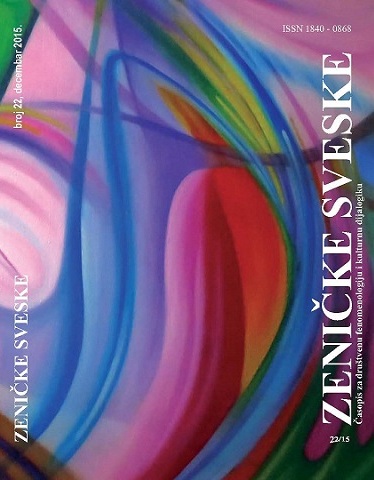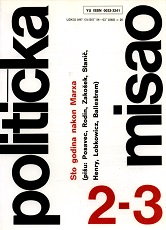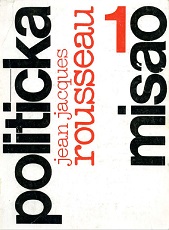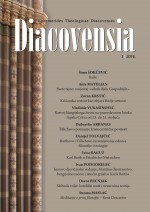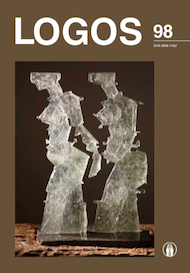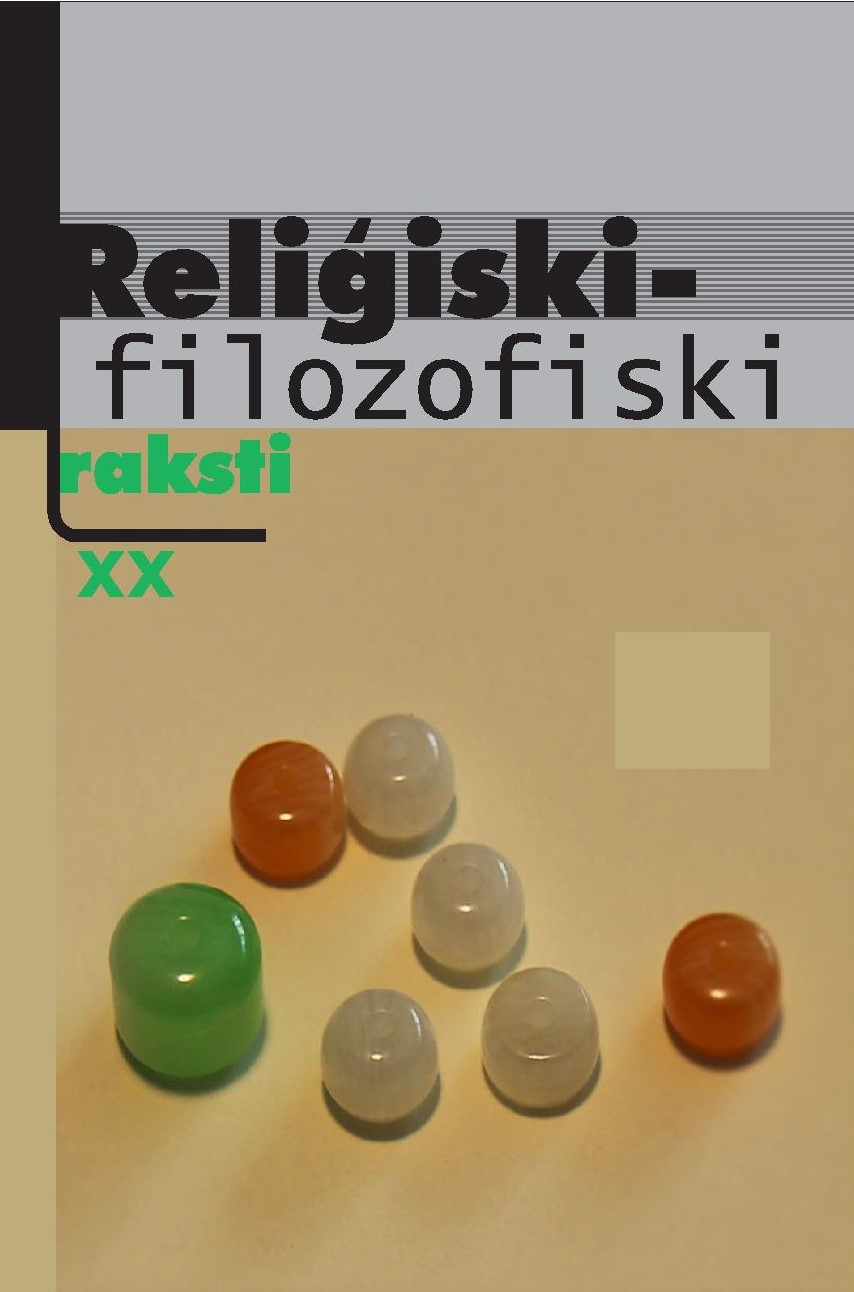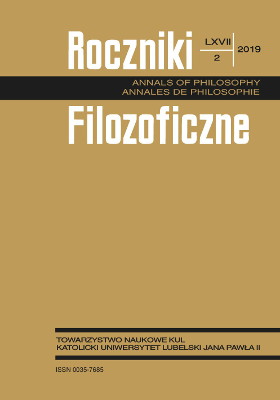
FILOZOFSKI TEMELJI SUKOBA PRAVNOG POZITIVIZMA I ŠERIJATA
Positivism implicates a distinction between is and should be, or to say between the law as it is and the law as it should be. Positivism is a negation of a logical implication of any kind of link between the law as it is and the law as it should be. When one is reading Radbruch, Dworking or any other critic of some of the dominant trends of the western thought, one can notice the lack of power to resist the forces of the central domain (of which the legal manifestation is the Positivism); it is true that they have a critical attitude towards it or towards some of its aspects that is within the subject of their interest, but very often that criticism is based upon the very premises that actually incited the idea of the subject of our concern here within the central domain of the paradigm of the western thought, or the western philosophy. That is precisely where the problem of the entire modern philosophy lies. “Not a single contemporary western political system…..can transform the mentioned chaos into something that is in the order – simply because none of those systems ever made a serious attempt to view political and social issues in the light of absolute moral principles.” Positivistic concept which reflects dichotomy between is and should be is entirely unacceptable for any system that has a tendency to label itself as Islamic. Keeping in mind that Sharia, as the Islamic law, is based upon God’s Revelation, any distinction between law and morality is utterly impossible. Even if we do accept the modern linguistic requirement of making a distinction, the law is actually an instrument of morality – or even more precisely, morality is the source of the law, because the Qur’anic Revelation itself is primarily concentrated upon moral upbringing of mankind.
More...
